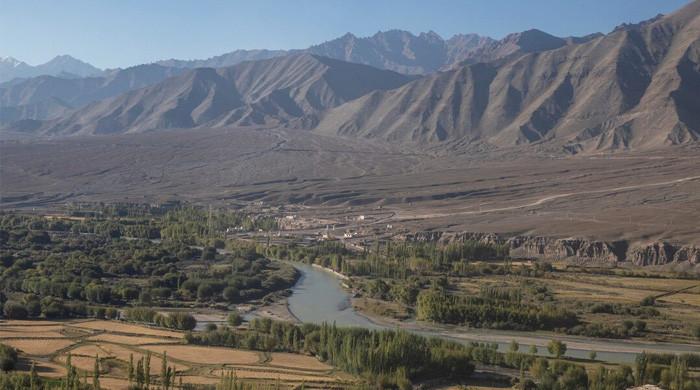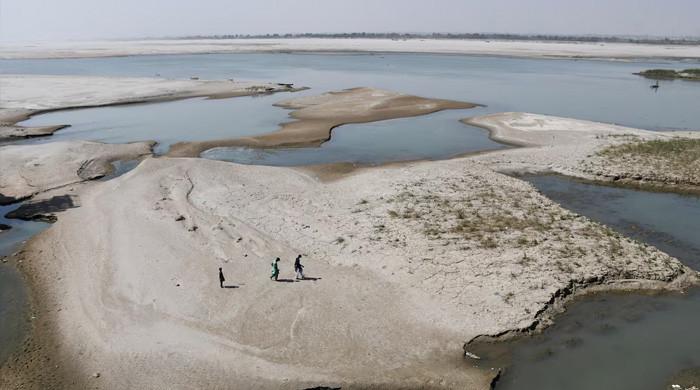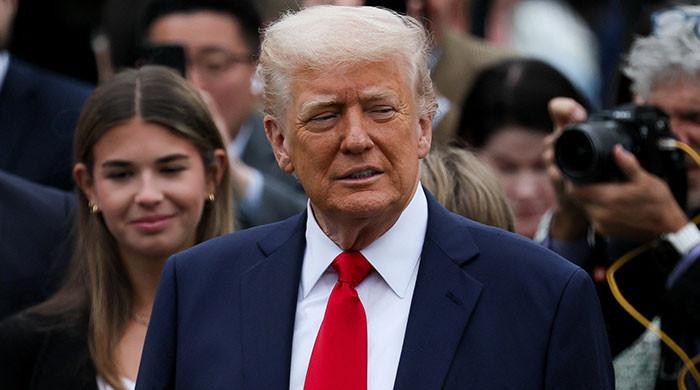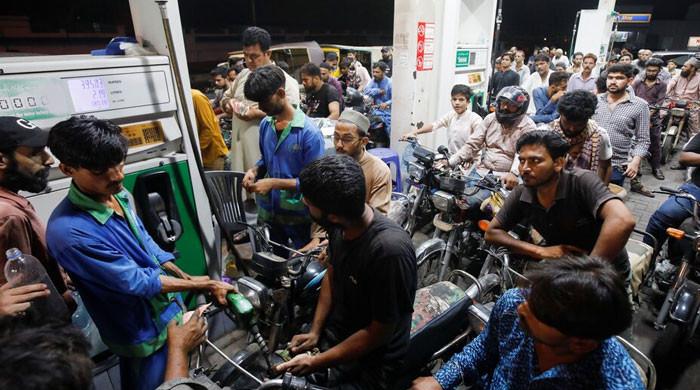Protecting ex-government officials: Who gets security and why?
Pakistan should take its responsibility seriously to guard the men and women who served our country
December 23, 2020
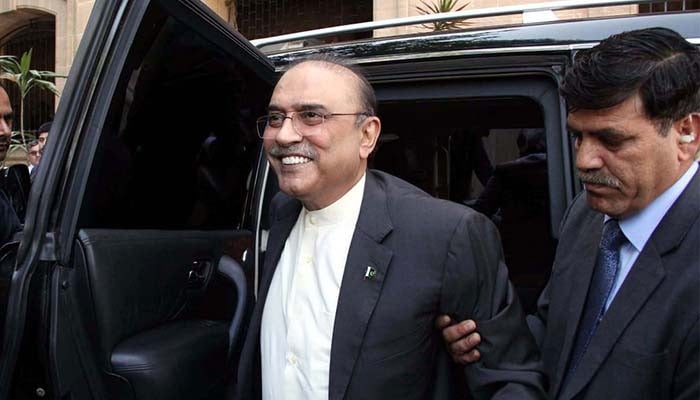
Recently, Interior Minister Sheikh Rashid Ahmed revealed that 20 politicians in Pakistan face “serious life threats”. Those high-risk politicians, which include leaders from Opposition parties, have been told to increase their security, said Ahmed.
Till now, the names of the politicians have not been disclosed. Neither is it clear what kind of state security, if at all, will be provided to those facing death threats.
In Pakistan, security for VVIPs, which are the president and the prime minister, has been listed in the “Blue Book”. Former Interior Minister Ijaz Shah recently told the National Assembly that Prime Minister Imran Khan has 215 security personnel guarding him. However, this does not include personnel who accompany his security detail when he is on the move.
Separately, former presidents, prime ministers, chief ministers and governors are also entitled to security by the state after leaving office. But how much or how less is nonetheless a political decision, taken by the government of the day. At times, an official or famous personality is also given police escort if there is an imminent threat to his/her life.
But no matter how you look at it, the system is haphazard, which is primarily why it often becomes controversial.
So, how do other countries settle this debate? Let’s take the example of neighboring India.
Security for government and Opposition leaders in India is divided into six categories: the special protection group, the Z-Plus group, Z group, Y-Plus group, Y group and X group.
The first and most high-level of security detail is provided to those in the “Special Protection Group”. This group includes the prime minister, his family, president, his family, former prime ministers and their families.
The number of men in uniform, tasked to protect political personalities in this group, is kept confidential.
Then, there is the “Z-Plus Group”. Those who qualify for this security bubble include important government and Opposition leaders, such as Home Minister Amit Shah, Leader of Opposition in Rajya Sabha Ghulam Nabi Azad, Rahul Gandhi, Sonia Gandhi, Priyanka Gandhi, Uttar Pradesh Chief Minister Yogi Adityanath, Indian-occupied Kashmir’s former chief minister Farooq Abdullah and former Prime Minister Manmohan Singh, amongst others.
In total, the “Z-Plus Group” has currently 15 to 20 politicians, who each have 55 security personnel, including ten commandoes, guarding them at all times.
The third category is “Z Group”, which is manned by 30 security personnel and five commandoes. Those who fall within this grouping include Sharad Pawar, the president of the Nationalist Congress Party, his nephew, Ajit Pawar, who is the Deputy Chief Minister of Maharashtra and Aditya Thackeray, the grandson of Bal Thackeray, to name a few.
The “Y-Plus Group” consists of 11 security personnel and two commandoes and includes celebrities like Kangana Ranaut. While the “Y Group” has eight men in uniform, and the “X Group” have three.
Every now and then the security details of all important political personalities and famous celebrities is reviewed by the chief secretaries and sent for approval to the home ministry, which then decides whether to upgrade or downgrade a person’s safety level.
In the recent past, the security of the Gandhi family was delisted from the “Special Protection Group” and instead moved to the “Z-Plus Group”.
Interestingly, the Ambani family of India is also provided security under the “Z-Plus Group”, but its expenses are paid for by the family.
Other private persons provided state security include actors Amitabh Bachchan, Aishwarya Rai, Aamir Khan, Shah Rukh Khan, Akshay Kumar and Yash Chopra, amongst others.
When recently a young actor was provided “Y-Plus Group” security by the government, there was uproar in India. One argument against the extensive categories is that it is a burden on taxpayers’ money.
Similar arguments have been made in Pakistan of extra security details being a criminal waste. But then, it is important to ask, if the state cannot protect its most important functionaries, can it be trusted to protect the common people?
Former government officials should be provided security by virtue of the offices they held. India is just one example of a country where a clearly defined system exists, which provides security on the basis of a person’s political status or the threats they face.
Pakistan should take its responsibility seriously to guard the men and women who served our country. It too should dispose of the arbitrary system of protecting former and incumbent officers and replace it with a codified and unambiguous procedure that is laid down in law.





